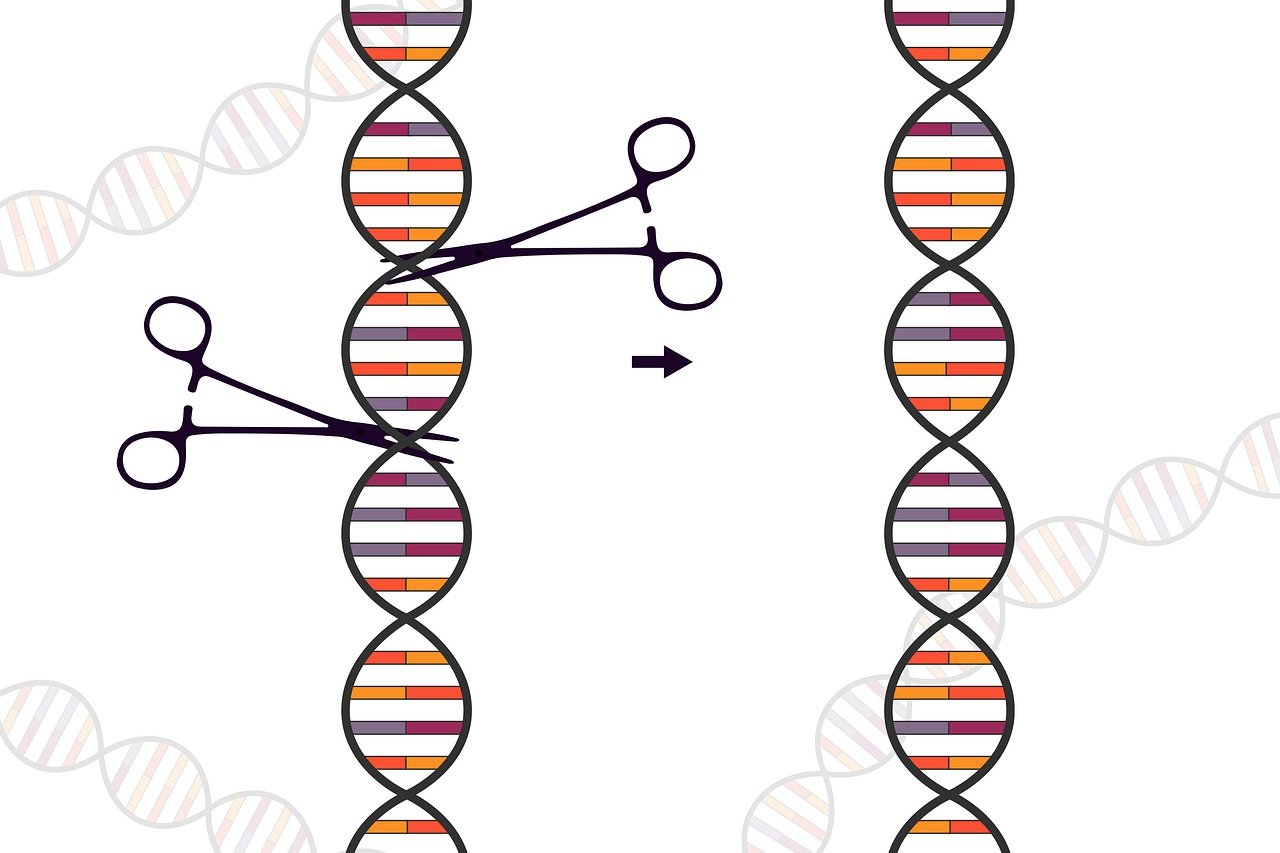New Genomic Technique Legislation Changes Needed to Achieve Goals in Green Deal
New genomic techniques (NGT) could be the key to helping European farmers and policymakers successful in the European Green Deal. The plan calls for dramatic changes to agricultural production, among other industries, to reduce the impact of Climate Change.
Some of the proposed changes, including the Farm to Fork Strategy, suggest reducing pesticides by 50 per cent, reducing fertilizer by 20 per cent and increasing acres farmed with organic methods to 25 per cent of arable land.
NGT – techniques that alter the genome of an organism – could be the ticket to keeping farmers more profitable and crops safer under these potential new requirements.
“European agriculture will need these new technologies to develop plants better suited to environmental challenges, i.e., more resistant to diseases and harmful insects, allowing the decreased use of chemicals and resilience to climate change,” according to the French Association of Plant Biotechnologies.
Study Findings
The case for approving NGT is further punctuated in a recent study performed by the European Commission. Key findings from the study, according to a press release from the European Commission, include:
- NGT products can contribute to sustainable food systems by creating plants with resistance to diseases, environmental conditions and climate change effects. In addition, these products can be created with more favorable nutritional qualities.
- The technology can benefit more than just agriculture by encouraging innovation in food systems and creating a more competitive economy.
- There are strong indicators the current 2001 GMO legislation is not a fit for NGT and their products and the legislation needs adaptation to scientific and technological progress.
“NGT can contribute to a more sustainable food system and therefore, current GMO legislation adopted in 2001 is not a fit for these technologies,” according to the Commission.
The study will be presented to the EU ministers at the Agriculture and Fisheries Council this month, in addition to discussing the findings with European Parliament and stakeholders.











